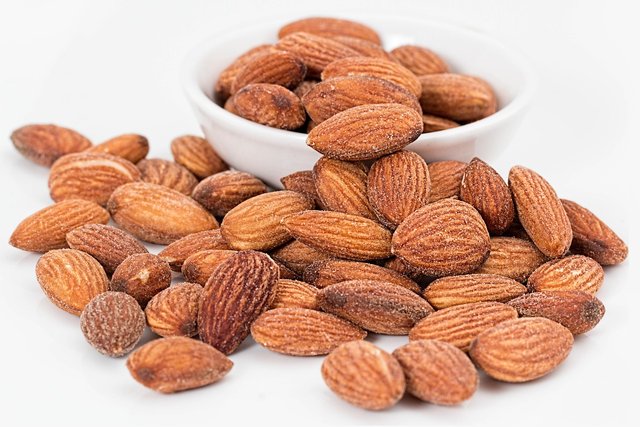Cholesterol is a waxy, fat-like substance found in every cell of the body. It is essential for building cell membranes, producing hormones, and aiding in digestion.
However, not all cholesterol is created equal. When low-density lipoprotein (LDL) cholesterol, often referred to as "bad" cholesterol, becomes oxidized, it can pose serious health risks.
Oxidized cholesterol is LDL cholesterol that has undergone a process where it reacts with free radicals, making it more harmful and inflammatory.
Elevated levels of oxidized cholesterol in the body can contribute to the development of atherosclerosis, a condition characterized by the hardening and narrowing of the arteries.
Here are some tips on how to manage oxidized cholesterol levels through dietary choices, specifically focusing on fruits:

1. Antioxidant-Rich Fruits:
Consuming a variety of antioxidant-rich fruits can help combat the oxidation of cholesterol. Berries such as blueberries, strawberries, and raspberries are loaded with antioxidants like flavonoids and vitamin C. These compounds neutralize free radicals, preventing them from oxidizing LDL cholesterol and reducing the risk of atherosclerosis.

2. Citrus Fruits:
Citrus fruits like oranges, lemons, and grapefruits are excellent sources of vitamin C and other antioxidants. Vitamin C plays a vital role in protecting LDL cholesterol from oxidation. Including citrus fruits in your diet can enhance your body's natural defense mechanisms against oxidized cholesterol.

3. High-Fiber Fruits:
Fiber-rich fruits such as apples, pears, and bananas can help regulate cholesterol levels. Soluble fiber binds to cholesterol in the digestive tract, preventing its absorption into the bloodstream. By reducing overall cholesterol levels, the likelihood of cholesterol oxidation decreases as well.

4. Nuts and Avocado:
While not fruits, nuts (like almonds and walnuts) and avocados are rich in healthy fats, fiber, and antioxidants. Incorporating these into your diet can contribute to better heart health by reducing LDL cholesterol levels and providing protection against oxidation.

5. Avoid Processed Fruit Products:
Processed fruit products like fruit juices with added sugars can contribute to oxidative stress in the body. Whole, fresh fruits are always a better choice as they contain natural sugars along with fiber and antioxidants, which mitigate the harmful effects of oxidized cholesterol.

6. Balance Omega-3 and Omega-6 Fatty Acids:
Certain fruits, such as avocados, contain a good balance of omega-3 and omega-6 fatty acids. Maintaining this balance is crucial, as an excessive intake of omega-6 fatty acids can promote inflammation and oxidation. Omega-3 fatty acids, found in fatty fish like salmon and in some fruits, have anti-inflammatory properties and can counteract the effects of oxidized cholesterol.

7. Exercise Regularly:
Regular physical activity not only helps in managing weight and improving cardiovascular health but also reduces oxidative stress in the body. Engaging in activities like brisk walking, jogging, or cycling can contribute to overall well-being, including maintaining healthy cholesterol levels.
In conclusion, incorporating a variety of antioxidant-rich fruits, along with a balanced diet and active lifestyle, can significantly reduce the risk of oxidized cholesterol. By making these positive choices, individuals can promote heart health and overall well-being.
Read More: https://sites.google.com/view/wellness-for-your-health
😋Free Classic S'mores Delight Milkshake Recipe 🏕️🌟
Ingredients:
2 cups vanilla ice cream
1/2 cup chocolate syrup
1/2 cup crushed graham crackers
1/2 cup mini marshmallows
1 cup milk
Whipped cream and extra graham cracker crumbs for topping
Instructions:
Blend & Enjoy the Campfire Vibe! 🌪️
- In a blender, combine vanilla ice cream, chocolate syrup, crushed graham crackers, mini marshmallows, and milk.
- Blend until creamy and frothy.
- Pour into a glass, top with whipped cream, a sprinkle of graham cracker crumbs, and a few marshmallows.
- Relish the Classic S'mores Delight Milkshake!
#SmoreMagic #CampfireTreat #ClassicMilkshake #FreeRecipe

